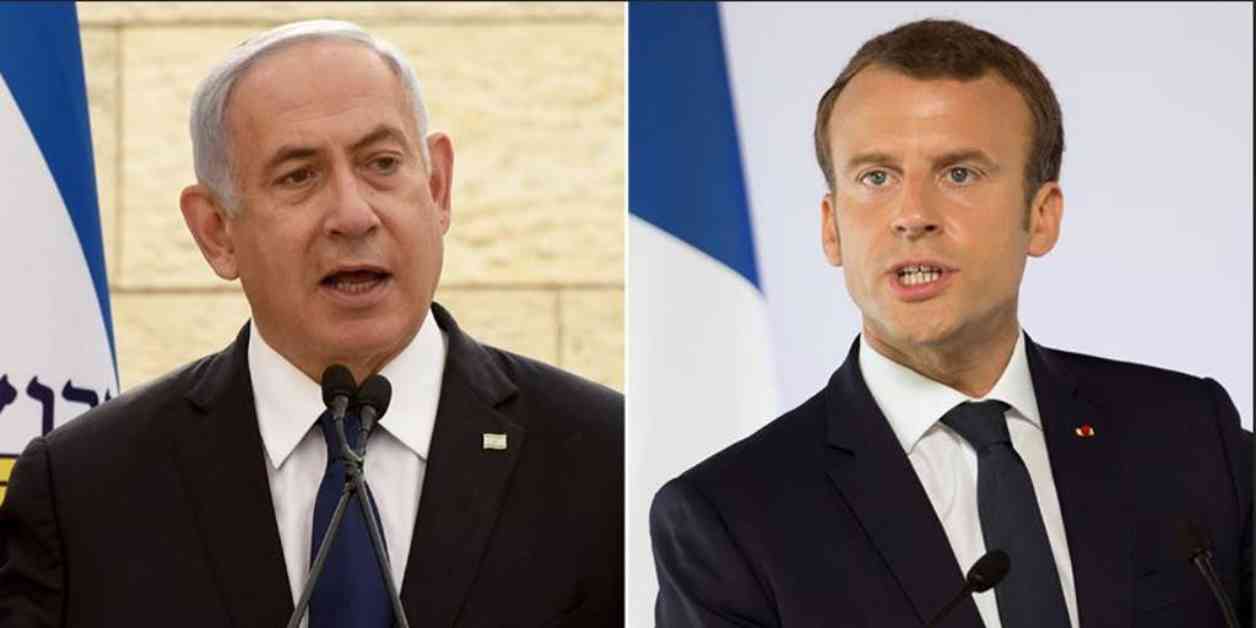Israeli Prime Minister Benjamin Netanyahu criticized Western leaders, including French President Emmanuel Macron, for supporting an arms embargo against Israel in response to its airstrikes against Hamas in Gaza. Netanyahu expressed disappointment in the lack of solidarity from these countries, emphasizing that Israel is fighting against barbaric forces led by Iran and all civilized nations should be standing by its side.
He pointed out the hypocrisy of imposing arms embargoes on Israel while Iran continues to supply weapons to terrorist groups like Hezbollah, the Houthis, and Hamas. Netanyahu labeled their stance as a disgrace and emphasized that Israel would continue to fight against terrorism to protect civilization.
In addition to the conflict with Hamas in Gaza, Netanyahu highlighted that Israel is facing threats on multiple fronts, including Hezbollah in Lebanon, the Houthis in Yemen, Shiite militias in Iraq and Syria, terrorists in Judea and Samaria, and Iran. Despite the lack of support from some Western leaders, Israel remains committed to defending itself and promoting peace and security in the world.
On the same day, Macron announced that France would no longer supply arms to Israel and emphasized the need for a political solution to the conflict. However, France will continue to provide missile defense equipment to Israel. Meanwhile, the IDF carried out a raid in Lebanon, dismantling a Hezbollah underground command complex that was intended for attacks on Israeli communities in the Galilee.
While the U.S. continues to supply arms to Israel, President Biden has expressed concerns about the high civilian casualties in Gaza and called for a cease-fire. Biden criticized Netanyahu’s approach to the conflict but reaffirmed the strong support that his administration has provided to Israel. There have been speculations about Netanyahu’s motives in delaying a cease-fire, with Biden suggesting that it might be related to the upcoming election in November.
Despite the differences in approach between Western leaders and Israel, the conflict in the region continues to escalate. The ongoing tensions highlight the complex geopolitical dynamics and the challenges of promoting peace in the Middle East. As the situation unfolds, it remains to be seen how the international community will respond and whether diplomatic efforts can lead to a lasting resolution to the conflict.





















